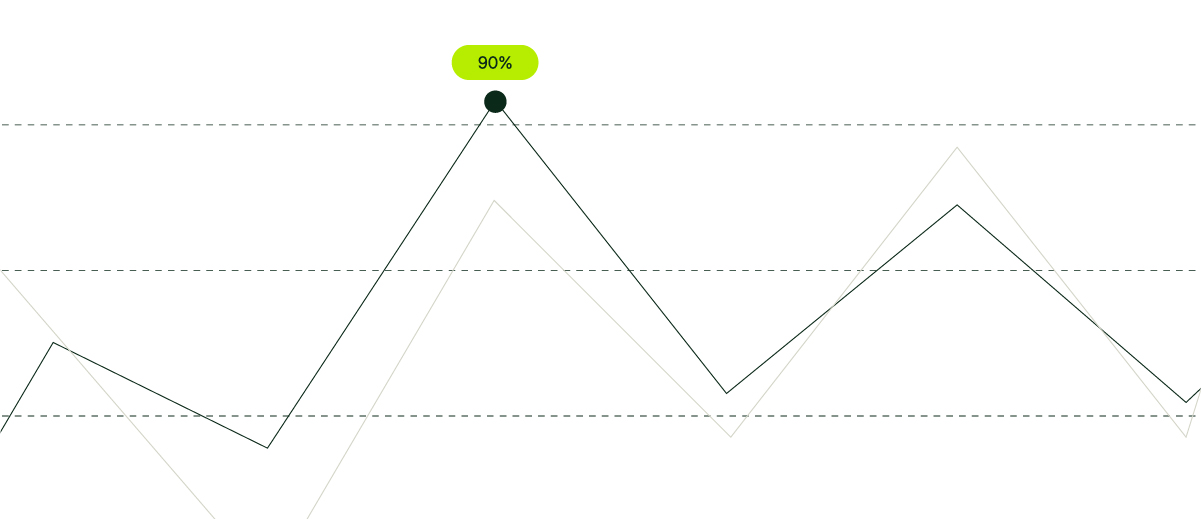Le confezioni utilizzate potranno essere di metallo, di latta, di vetro, di materiali plastici o di qualsiasi altro materiale, tranne il legno, conforme ai requisiti tecnici e sanitari in vigore. Le confezioni dovranno essere atte a garantire la buona conservazione delle olive e non trasmettere sostanze nocive al prodotto conservato. Le confezioni trasparenti non dovranno produrre effetti ottici che possano modificare l’aspetto del prodotto in esse contenuto.
Olive sector statistics – January/February 2026
MADRID, SPAIN / 16.02.2026
Welcome to the International Olive Council (IOC), the world’s only intergovernmental organisation bringing together all stakeholders involved in the production and consumption of olive oil and table olives. Here you will...
Mario Solinas Quality Award: New deadline 25 February 2026
MADRID, SPAIN / 13.02.2026
The Mario Solinas Quality Award for the Northern Hemisphere has extended its deadline for entries to 25 February. The International Olive Council encourages all eligible producers to submit their applications and samples...








